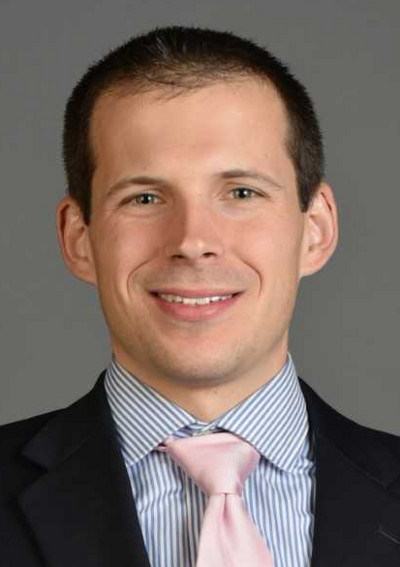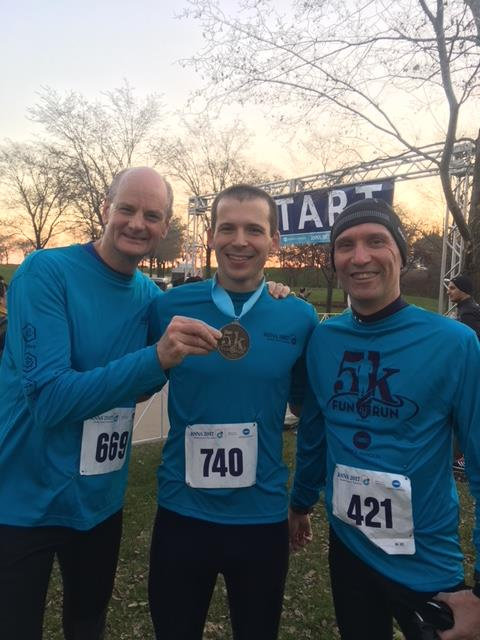 Timothy Szczykutowicz
Timothy Szczykutowicz
Assistant Professor
Tell us a bit about your family.
My wife Margaret and I have been married since 2008. She teaches piano in Madison and homeschools our two children and my future lab assistants…Luke and Esther who are 5 and 3 now.
What was the last book you finished or what book are you currently reading?
I kind of like to nerd out on books related to farming/botany/plants. I am currently reading a textbook on growing mushrooms, The Mushroom Cultivator, for fun.
What accomplishment are you most proud of in your life?
My healthy family.
What are some of your hobbies?
Running, being in the woods. We just bought 25 acres an hour north of Madison last year. Once I get a cabin built up there I think I may be doing some more remote work…
 Timothy Szczykutowicz
Timothy Szczykutowicz
What is a little-known fact about you?
For the first 22 years of my life, I lived on an Island in the Niagara River between Buffalo and Niagara falls.
If you could pick one other career, what would it be?
Radiologist. I am constantly amazed how good their training is. They know so much about our bodies I am blown away every time I read one of their reports.
In the Spotlight
What is your position in the department? What are some of the projects/research you currently are working on?
I am an assistant professor of Radiology with affiliate appointments in Medical physics and biomedical engineering. My major projects are supporting the clinical CT protocol efforts here at UW Madison and supporting and leading some of the clinical and basic science research done on our CT scanners. I am also the director of clinical operations for the CT protocol optimization project, one that ships UW protocols around the globe through our industrial partner GE.
What attracted you to UW-Madison? How did you get started with our department?
I interviewed at a few other places as an undergrad. I kind of knew UW had a good reputation, but when the graduate student director of another department (who was a UW alumni) told me, “you got an offer from UW, nice, I would go there” it kind of sealed the deal.
How has your research progressed, from your graduate thesis to your post-doc work to your many projects here as a Professor?
In many ways. I can safely say I have learned another Ph.D’s worth of knowledge since finishing my Ph.D. in 2012 to the present. The use of CT in the clinic is not something you learn sitting in a cubicle coding up reconstruction algorithms or while in the lab working on experimental hardware. You have to be a part of the clinical workflow to understand it. I have learned so much from our Dr. Ranallo (the other UW clinical CT physicist), radiologists, CT technologists, GE application specialists, and GE engineers about the clinic and how it works. Like I said, a Ph.D.’s worth at least. My research interests now focus on supporting our clinics and the world’s use of our CT protocols. In this capacity, I publish on some basic scanner characterization like how to quantify image noise in CT image, how spatial resolution changes with position in the gantry, how CT number changes with position in the gantry to workflow related issues like how often CT techs change things when we don’t want them to or how long our acute stroke protocol takes to perform here at UW Madison. All of this workflow related research I find super important, it lets me have an immediate impact on the clinic and Wisconsin’s patients. And then through our collaboration with GE, the world.
What is your favorite part of your job?
The fact that no two days are the same. I can be building a mathematical model for characterizing a scanners AEC response in the morning out of exponential functions, monitor a new protocol’s use on a sedated pediatric patient in the middle of the day, and then be on a t-conn with someone in California using our protocols at the end of day understanding their use of our protocols.
Is there any advice you have received in school or during your career that you would like to share?
I don’t think you can be an effective medical physicist without learning the clinical side of our field. Look at Chuck Mistretta, great example. In his seminal work in DSA, he was working side by side with expert clinicians in Drs. Crummy and Stother. I have an algorithm in my lab I made that can quantify repeat rate in CT, something no programmer could have made without clinical knowledge and something no clinicians could have made without programming knowledge.
Sitting in both of these spaces is serving me well in terms of finding good clinical problems to solve and being able to realize that solution.
Is there any advice you have received in school or during your career that you would like to share?
I’ve had two post docs and probably more than a dozen undergraduates. I try to apply to them all of the best parts of all the mentoring I have had over my time as a student. I am still learning and it is challenging. Each student/trainee is so different. I was honored by one of my undergrads as being the most influential faculty mentor during their 4 years on campus, which made me very happy, I was really honored to get that award.